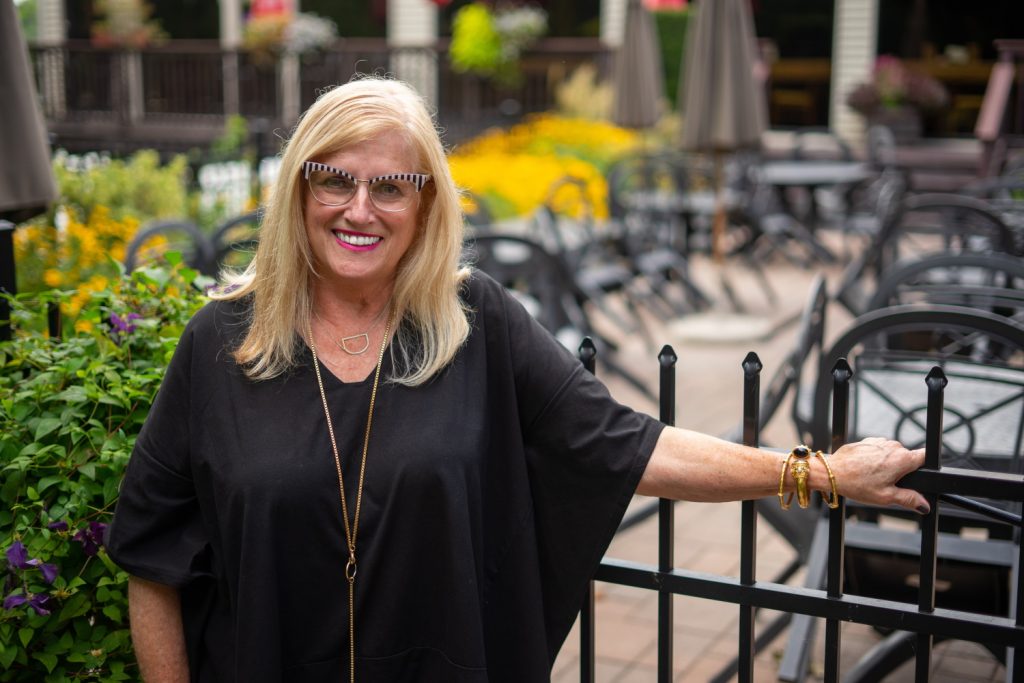
By Dale J. Venturini, President & CEO, Rhode Island Hospitality Association

Dale J. Venturini, President and CEO of Rhode Island Hospitality Industry Association.
While the use of robotics in the restaurant and hotel industries was originally a novelty, modern versions of the technology have become increasingly sophisticated and, as a result, have proven to be useful in providing much-needed support to existing hospitality staffers and filling gaps due to a workforce shortage.
The COVID-19 pandemic served as a launchpad for service robots in the hospitality industry, lessening the impact of staffing shortages and offering businesses a mechanism to provide necessary services without the worry of potential virus transmission to guests through human contact.
Utilizing different levels of artificial intelligence, service robots can perform a variety of functions, from standard transactional tasks (e.g., accepting payments, printing receipts, confirming a reservation, etc.) to those that require more data analysis and logical thinking (e.g., answering customer questions, delivering luggage to a hotel room, leading a tour of its facility, etc.). Through collaboration, these functionalities can sometimes alleviate the burden of less important customer requests, allowing human staff members to focus on higher-value priorities and tasks.
As the technology continues to evolve and the “intelligence level” of these robots grows with it, customer engagement with service robotics will likely become more fluid and natural. For now, customer-contact robots work best in support of their human counterparts, handling transactional and analytical duties, while existing staff members focus on social and emotional tasks.

Artificial intelligence in the hospitality industry goes beyond the implementation of robotic servers and hotel workers. It can be found in the hotel rooms and kitchens of tomorrow, bringing lodging accommodations to life with voice-activated or -enabled room amenities and allowing for the creation of more personalized experiences for customers and visitors alike.
Artificial intelligence can analyze online reviews and social media commentary and send out automated responses. It can support inventory management and help business owners decide the best pricing strategies and can support sales and marketing efforts through analyzing target segments, market demands, patterns and more.
While we are seeing more hospitality businesses incorporate the use of robotics and artificial intelligence into the workplace, the technology is still in its fledgling stage compared to what experts are predicting for it in the future.
Despite this, it is clear to me that this technology is one that our industry should explore and embrace to remain competitive in this “new” economy where customers (especially those who are young and tech-savvy) expect the best level of service wherever they go, whether from humans or computers!
As labor shortages continue to plague the job market in 2023, it is my belief that more hospitality businesses will employ the use of robotics in an effort to create a more efficient workflow, provide valuable new experiences for guests and to give existing staff members the tools and support necessary to provide the best service to customers. However, robotics, while on point in performing their specific functions, cannot and will not take the place of industry workers whose personal touch and work ethic have made the industry what it is today.
A veteran of more than 25 years in the hospitality industry, Venturini is considered by many to be the voice of the industry in the state of Rhode Island. She has been instrumental in improving the industry’s educational and training programs in the state, as well as enhancing the bottom line of the business she represents. Venturini splits her time between the office and the State House, a constant presence for her membership.



